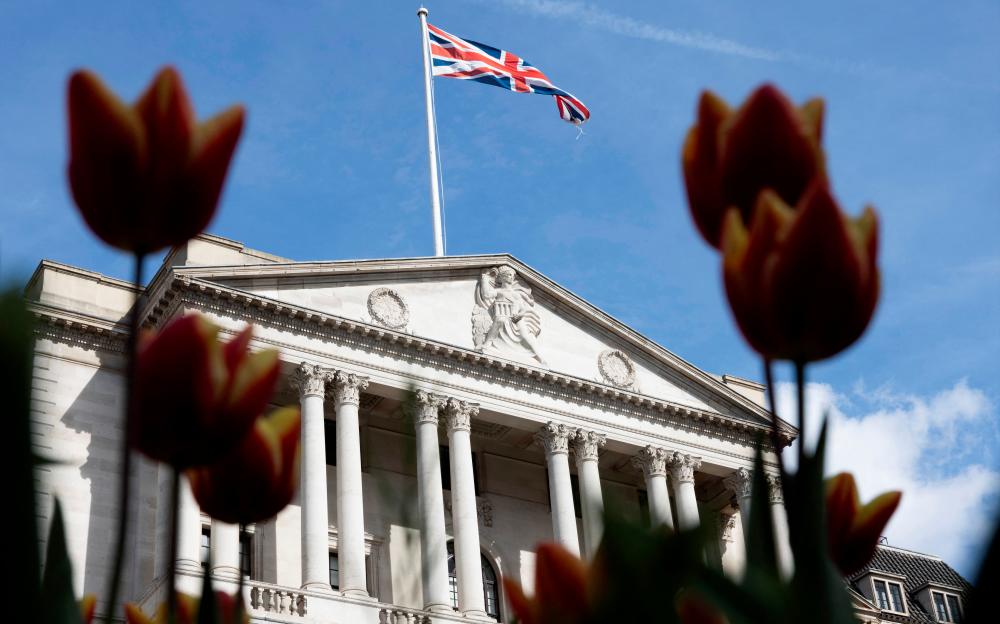LONDON: Britain's annual inflation rate fell more than expected in March, official data showed Wednesday, handing a boost to the Labour government as US President Donald Trump's tariffs fuels economic uncertainty.
The Consumer Prices Index came in at 2.6 percent last month, down from 2.8 percent in February, the Office for National Statistics (ONS) said in a statement.
Analysts' consensus had been for a drop to 2.7 percent, while the rate had stood at 3.0 percent in January.
“Inflation eased again in March, driven by a variety of factors including falling fuel prices and unchanged food costs compared with the price rises we saw this time last year,“ said ONS chief economist Grant Fitzner.
British finance minister Rachel Reeves welcomed the new drop while voicing caution.
“Inflation falling for two months in a row, wages growing faster than prices and positive growth figures are encouraging signs that our plan for change is working, but there is more to be done,“ Reeves said in a statement.
“I know many families are still struggling with the cost of living and this is an anxious time because of a changing world,“ she added nine months after Labour’s return to power.
Official data Friday showed that Britain's economy grew more than expected in February.
Analysts warn, however, that the 10 percent levy on Britain's imports to the United States could hamper growth.
The annual inflation rate is expected to reverse direction owing to rises in UK energy and water bills that kicked in this month.
“The dip in CPI inflation... won't be sustained for long, with inflation set to rise to around 3.5 percent in the coming months,“ noted Ruth Gregory, deputy chief UK economist at Capital Economics research group.
However, with global trade tensions recently sending oil prices sharply lower, inflation could retreat further down the line.
Martin Sartorius, principal economist at British business lobby group CBI, said “the introduction of higher US tariffs adds some uncertainty to the outlook, as they could put both upward and downward pressure on inflation in the UK“.
Analysts agreed that Wednesday's data cements expectations that the Bank of England will cut its key interest rate at its next regular meeting in May.









